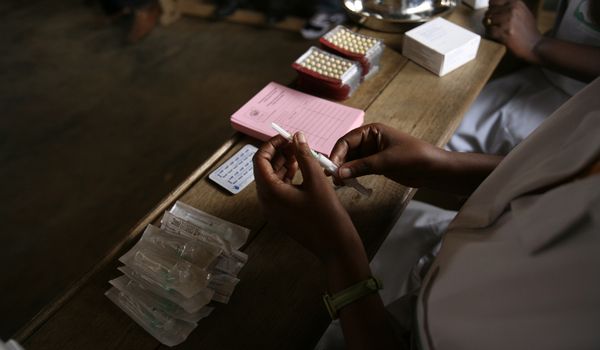I would like to start with a brief general overview of the situation in Rwanda regarding COVID-19. Interestingly enough, Rwanda is the only African country with no Corona-related travel-ban into Austria. How is Rwanda coping with the COVID-19 crisis?
Indeed, Rwanda has the privilege of being one of the countries that is allowed to travel to other countries, especially to Europe. The country immediately went into lock-down after the first few cases in April. There were guidelines put in place about only moving when it is absolutely needed. Currently there is still restricted movement, especially in Kigali. We have a curfew put in place, you have to be home at 7 pm and if you are caught outside there are detention centers where people are taken to spend the night or even a few days as punishment. Schools are still closed. Participants of meetings, conferences or weddings are supposed to bring tests of COVID-19. So, this has made our work difficult, especially for Civil Society Organizations’ (CSOs) activities like trainings and meetings.
How did COVID-19 effect the sexual and reproductive health and rights (SRHR) of women and girls in Rwanda?
The entire situation has definitely affected SRHR. Our main worry is that our services focus on COVID-19, so we are losing sight of other health issues that people might be having. There is an increased risk of teenage pregnancy, as youths are not going to school. The negative impacts on SRHR are also related to poverty and economic stress. In Rwanda we have a general health insurance where households that can afford it contribute themselves a fair amount to health services for everyone. For poor people, who can’t afford this, the government usually covers the insurance. But as things become strained, more families are not able to afford the insurance fees and the government might face challenges of not being able to cover healthcare for everyone. As people experience economic hardships, they are forced to focus on basic needs like food and water, and ignore other needs which are not immediate, for example, materials for menstrual hygiene. We also have systemic barriers caused by religion, especially because in Rwanda we have many health centers run by faith-based organizations. When they don’t offer SRHR services, particularly abortion care, then this requires women and girls to move to other places. But now, with limitations on movement, this affects the access to alternative clinics.

